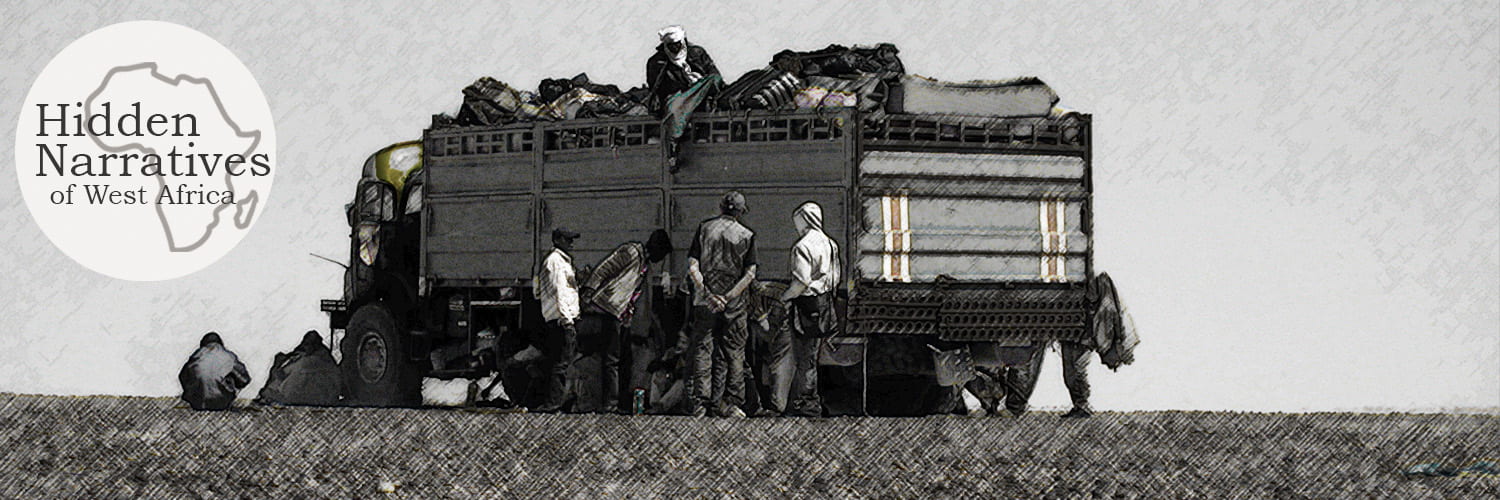Research on drugs in Africa has struggled to get rid of a number of assumptions and representations inherited from colonial periods and then from the war on drugs launched under Ronald Reagan in the 1980s. As such existing research approaches psychoactive substances (cannabis, cocaine and opiates) in an overhanging way, it is often commissioned by States and is part of a primarily political agenda. At a time when debates on the legalization of cannabis production in several countries of the continent remain marked by the predominance of these prohibitionist discourses, it seemed necessary to us to detached ourselves from this restricted approach to research on drugs and break with an approach that remains mostly focussed on security.
To question the contemporary reality of drugs in Africa, this journal issue proposes to articulate a theoretical reflection on their moral apprehensions with new empirical data. The articles presented here make it possible to take into account the discourses and practices of different actors: consumers, traders, moral authorities and regulators. Indeed, all are positioning themselves in the face of discourses that present drugs as threats to the health of users, the morality of society or the security of States. The research strategy adopted here involved questioning the meanings that these actors attribute individually and collectively to drug use and trade practices, the benefits they derive from them and the moral frameworks that each can pose. This issue thus proposes to look at the perceptions of young people, the poor, urban dwellers assigned to ghettos. it compares these perceptions with those of elites and moral authorities who present themselves as guardians of order and society.
Cohen, C. & Klantschnig, G. (2021). Introduction to the theme. Prohibition from below: moral negotiations and local disputes. Politique africaine, 163, 7-22. https://doi.org/10.3917/polaf.163.0007
Journal Politique africaine 2021/3 | Cairn International Edition (cairn-int.info)



